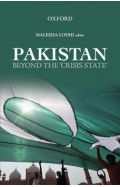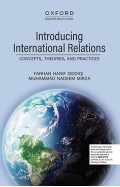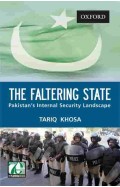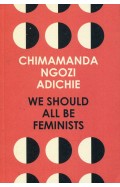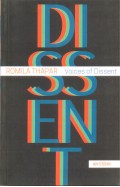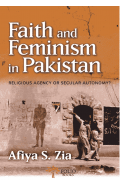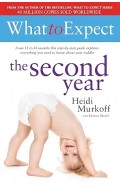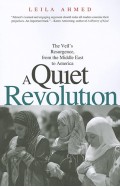- Home
- Books
- Categories
- Non Fiction
- Education and Reference
- Honour Unmasked Gender Violence, Law, and Power in Pakistan
Honour Unmasked Gender Violence, Law, and Power in Pakistan
By: Nafisa Shah
-
Rs 895.50
- Rs 995.00
- 10%
You save Rs 99.50.
Due to constant currency fluctuation, prices are subject to change with or without notice.
Based on Shah's unique insights over many years of experience as a journalist, researcher, and administrator, this fascinating study shows how the state justice system and informal processes of redress are mutually implicated in providing a space for honour-related violence, in the Sindh province, known as karo-kari. The author persuasively argues, however, that the label, karo-kari, masks diverse underlining factors such as contest over leadership, resources, marital strategies, and uses the language of honour as a means of legitimating and appropriating power.
The book is an insightful, scholarly, lucid, and coherently argued treatise on the topic of honour killings. It contains fascinating and richly-detailed ethnography and engages on issues of concern across the anthropology of gender, politics, and law. This landmark study offers a new perspective for understanding and dealing with honour-related violence demonstrating that honour does not lead to violence but that such violence is strategy ‘masked in honour’.
Based on Shah's unique insights over many years of experience as a journalist, researcher, and administrator, this fascinating study shows how the state justice system and informal processes of redress are mutually implicated in providing a space for honour-related violence, in the Sindh province, known as karo-kari. The author persuasively argues, however, that the label, karo-kari, masks diverse underlining factors such as contest over leadership, resources, marital strategies, and uses the language of honour as a means of legitimating and appropriating power.
The book is an insightful, scholarly, lucid, and coherently argued treatise on the topic of honour killings. It contains fascinating and richly-detailed ethnography and engages on issues of concern across the anthropology of gender, politics, and law. This landmark study offers a new perspective for understanding and dealing with honour-related violence demonstrating that honour does not lead to violence but that such violence is strategy ‘masked in honour’.
Honour Unmasked Gender Violence, Law, and Power in Pakistan
By: Nafisa Shah
Rs 895.50 Rs 995.00 Ex Tax :Rs 895.50
Zubin Mehta: A Musical Journey (An Authorized Biography)
By: VOID - Bakhtiar K. Dadabhoy
Rs 892.50 Rs 1,050.00 Ex Tax :Rs 892.50
Introducing International Relations Concepts, Theories, and Practices
By: Farhan Hanif Siddiqi
Rs 1,350.00 Rs 1,500.00 Ex Tax :Rs 1,350.00
The Faltering State: Pakistan's Internal Security Landscape - Hardcover
By: Tariq Khosa
Rs 1,211.25 Rs 1,425.00 Ex Tax :Rs 1,211.25
FAITH AND FEMINISM IN PAKISTAN: RELIGIOUS AGENCY OR SECULAR AUTONOMY?
By: Afiya S. Zia
Rs 1,075.50 Rs 1,195.00 Ex Tax :Rs 1,075.50
Viva Dictionary Of Punctuation And Hyphenation
By: William Gould
Rs 127.50 Rs 150.00 Ex Tax :Rs 127.50
And Another Thing... (The Hitchhiker's Guide to the Galaxy)
By: Eoin Colfer
Rs 355.50 Rs 395.00 Ex Tax :Rs 355.50
Collins Pocket Italian Dictionary
By: Collins Dictionaries
Rs 1,847.50 Rs 3,695.00 Ex Tax :Rs 1,847.50
Introducing International Relations Concepts, Theories, and Practices
By: Farhan Hanif Siddiqi
Rs 1,350.00 Rs 1,500.00 Ex Tax :Rs 1,350.00
The Faltering State: Pakistan's Internal Security Landscape - Hardcover
By: Tariq Khosa
Rs 1,211.25 Rs 1,425.00 Ex Tax :Rs 1,211.25
FAITH AND FEMINISM IN PAKISTAN: RELIGIOUS AGENCY OR SECULAR AUTONOMY?
By: Afiya S. Zia
Rs 1,075.50 Rs 1,195.00 Ex Tax :Rs 1,075.50
A Quiet Revolution: The Veil's Resurgence, from the Middle East to America
By: Leila Ahmed
Rs 5,095.75 Rs 5,995.00 Ex Tax :Rs 5,095.75
Zubin Mehta: A Musical Journey (An Authorized Biography)
By: VOID - Bakhtiar K. Dadabhoy
Rs 892.50 Rs 1,050.00 Ex Tax :Rs 892.50
Honour Unmasked Gender Violence, Law, and Power in Pakistan
By: Nafisa Shah
Rs 895.50 Rs 995.00 Ex Tax :Rs 895.50
Introducing International Relations Concepts, Theories, and Practices
By: Farhan Hanif Siddiqi
Rs 1,350.00 Rs 1,500.00 Ex Tax :Rs 1,350.00
The Faltering State: Pakistan's Internal Security Landscape - Hardcover
By: Tariq Khosa
Rs 1,211.25 Rs 1,425.00 Ex Tax :Rs 1,211.25
FAITH AND FEMINISM IN PAKISTAN: RELIGIOUS AGENCY OR SECULAR AUTONOMY?
By: Afiya S. Zia
Rs 1,075.50 Rs 1,195.00 Ex Tax :Rs 1,075.50












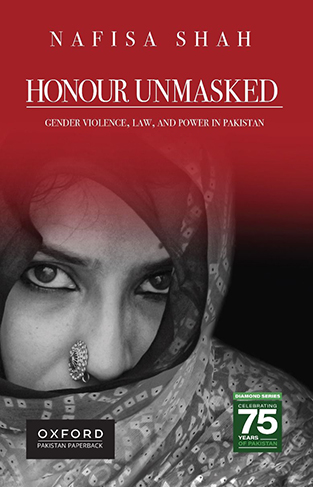
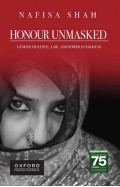
-120x187.jpg?q6)





